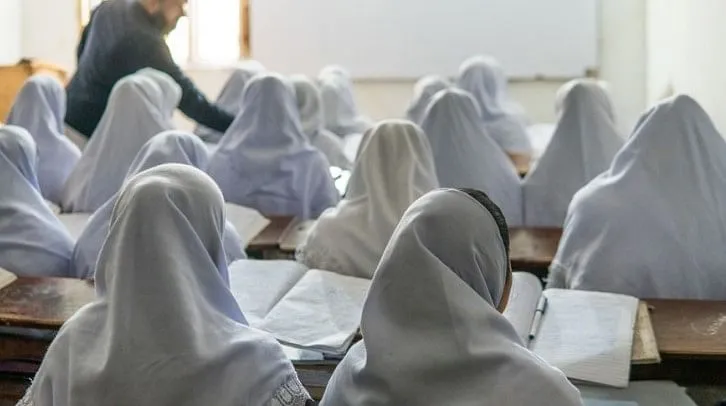The goal of education regulatory authority is to improve educational standards and realise set learning outcomes. The Department of School Education, which is the apex UT level regulatory authority, must aim to empower schools and teachers with trust to enable them to strive for excellence and perform their very best. The regulatory authority also must ensure the functional integrity of the system through enforcement of complete transparency and accountability both in private and public schools.
At present, main function of governance and regulation, particularly in public schools has lead to ineffective management of the school system as is evident from the results of National Achievement Survey (NAS); declining enrolment, inappropriate Pupil Teacher Ratio (PTR), and infrastructural gaps existing at all levels of school education system. The current regulatory regime has also not been able to curb commercialisation of education and economic exploitation of parents by many pro profit private schools. Though the goal of both types of schools is the same to provide quality education, yet the regulatory authorities have failed to bridge the dichotomy between the public and private school. Much needs to be done to regulate teacher qualification and salaries, fixation of tuition fee and other dues, selection of textbooks and their price, availability of infrastructural elements and assessment/examination of students particularly in private schools.
To regulate and govern all stages of education effectively for public and private schools, NEP 2020 has recommended Standard Setting and Accreditation of Schools. To ensure that all schools followed certain minimal professional and quality standards, JKUT is required to set up an independent body called State School Standard Authority (SSSA).The SSSA will establish a set of standards based on basic parameters which shall be followed by all public and private schools. As desired by NEP 2020, the framework for these parameters shall be created by SCERT. It is a litmus test for newly constituted JKSCERT to establish SSSA and formulate the frameworkby incorporating basic parameters like security, safety, basic infrastructure, number of teachers and students across subjects and grades, financial resources school management and governance. The establishment of SSSA and formulation of framework for the parameters will end the existing dichotomy and will also integrate the functioning of public and private schools.
Transparent public self disclosure on all basic information as laid down by SSSA will be used for public oversight and accountability. This information will have to be made available and kept updated and accurate by all schools on the public website maintained by SSSA and also on the schools website. Any complaint or grievance from stakeholders or others, arising out of the information placed in the public domain shall be adjudicated by SSSA.
Now, JKSCERT shall exercise all the available resources on priority for standard setting and accreditation of both public and private schools to present objective and genuine status and ranking of schools existing in JKUT. It will, on one hand, guide parents and guardians to choose best institutions for their wards in terms of set standards and, on the other hand, it will motivate and encourage school management and administration to improve quality standards in accordance with global best practices for catching enrolment and talent. JKBOSE in consultation with JKSCERT shall revisit the laid procedures for renewal of registration to bring novelty, coherence and uniformity for up gradation of set standards in private educational institutions of JKUT.For public schools, policy makers, administrators, school heads and teachers shall be held responsible for up gradation of set standards.
As per recommendations of NEP 2020, JKSCERT is also required to develop School Quality, Assessment and Accreditation Framework (SQAAF) to decide academic matters including curriculum in JKUT. NEP 2020 has strongly pleaded for strengthening and reinvigoration of DIETs for improvement of academic standards and realisation of curricular expectations. JKSCERT has a mandate to regulate the functioning of DIETs of JKUT, by revisiting their infrastructural gaps, addressing the training needs of faculty in accordance with the contemporary pedagogies and above all giving functional autonomy to these academic institutions in terms of administrations and governance.
CONCLUSIONS: JKSCERT is expected to establish SSSA and SQAAF on priority so as to facilitate and regulate the assessment and accreditation of public and private schools on the same criteria and benchmarks. Accreditation of schools shall encourage public school system to impart quality education so that it becomes most attractive option for parents from all walks of life. It will also ensure that good spirited private schools are encouraged leaving no space and scope for commercial agents and agencies from arbitrary increase in tuition fee, textbook prices, school uniform costs, stationary charges and other dues at their sweet will and discretion.
Author is lecturer at DIET Sopore. Views are personal






